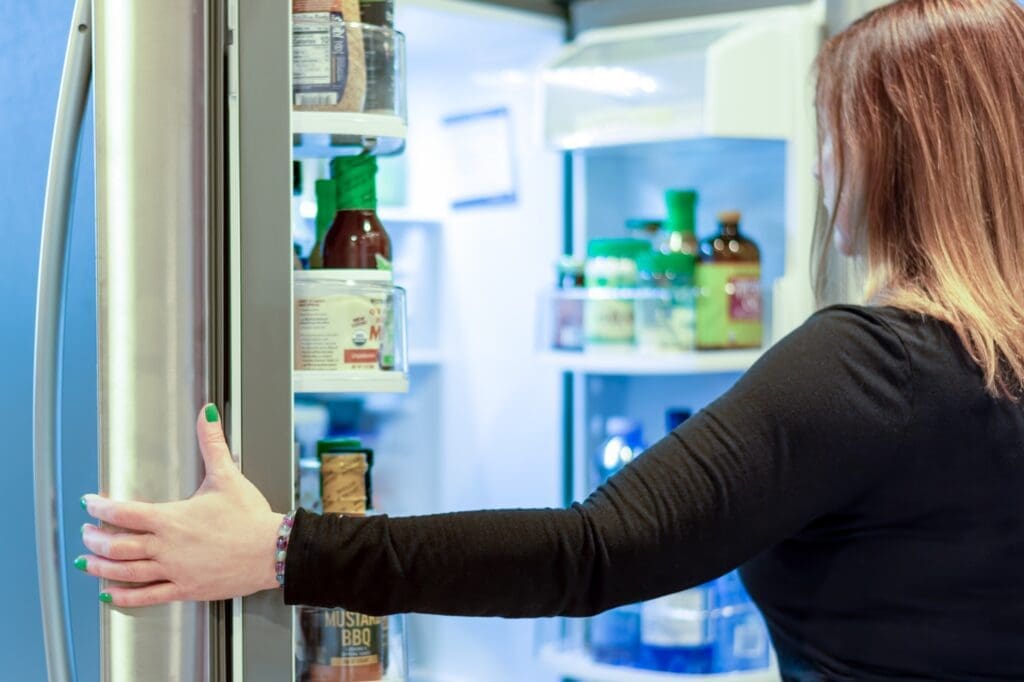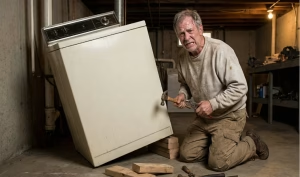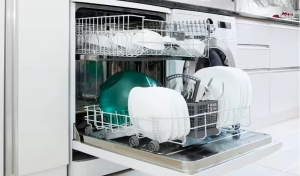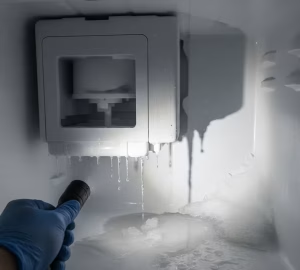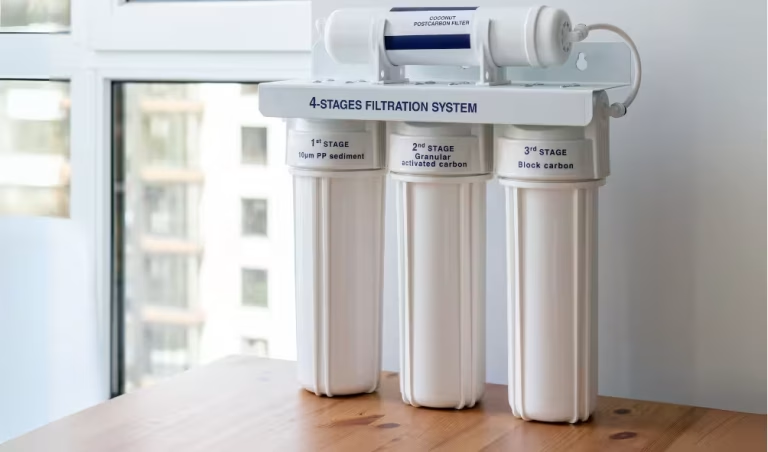When a refrigerator fails to defrost properly, it can result in various problems, such as reduced cooling, spoiled food, frost buildup, and even a complete breakdown. Understanding the potential reasons for this issue can help you diagnose and fix the problem more effectively or seek professional help if needed.
In this article, we will discuss some expert advice on why a refrigerator won’t defrost.
1. Defrost Timer Malfunction
When it comes to keeping your refrigerator running smoothly, one of the most important components to keep an eye on is the defrost timer. This small device plays a crucial role in regulating the temperature inside your fridge, ensuring that it stays cool and fresh at all times. However, like any other mechanical component, the defrost timer can sometimes fail or malfunction, which can lead to a variety of issues with your refrigerator.
If the defrost timer fails to advance or gets stuck in the defrost mode, the refrigerator may not enter the cooling cycle and stay in the defrost mode indefinitely. This can cause the evaporator coil to freeze over and block the airflow, resulting in poor cooling and excess frost.
2. Defrost Thermostat Failure
If the defrost thermostat is defective or malfunctioning, it can cause a range of problems that can impact the efficiency and longevity of your refrigerator. In particular, a faulty defrost thermostat can cause insufficient or excessive defrosting, leading to issues like frost buildup, spoiled food, and higher energy bills.
3. Defrost Heater Problem
In a refrigerator, the defrost heater is responsible for preventing the buildup of ice on the evaporator coil. If this heater is broken, shorted, or disconnected, it may not provide enough heat to melt the ice, resulting in the formation of ice buildup, which can lead to poor cooling.
In such cases, it is essential to inspect the defrost heater to identify the underlying issue and take appropriate measures to ensure that it functions correctly.
4. Bi-Metal or Thermal Fuse Issue
One of the most common problems with the defrost system is a blown or open bi-metal or thermal fuse. These fuses are safety devices designed to protect the defrost heater from overheating and potentially causing a fire. When the temperature of the heater gets too high, the bi-metal or thermal fuse trips, cutting off the power to the heater and preventing it from working properly.
If the bi-metal or thermal fuse is blown or open, it can cause the freezer to get too cold or too warm. In some cases, the freezer may not be cold enough to freeze food properly, while in other cases, the freezer may be too cold, causing food to become freezer burned or even thaw out completely.
5. Control Board Failure
If the refrigerator has an electronic control board that regulates the defrost cycle, it may malfunction due to power surges, voltage spikes, or software glitches, causing the defrost cycle to stop or repeat unnecessarily. To diagnose the control board, you may need to consult the manual or a technician and follow the specific procedures for your model.
Conclusion
A refrigerator that won’t defrost can be a frustrating and potentially expensive problem, but it doesn’t have to be a permanent one. By understanding the possible causes and solutions for this issue, you can take proactive steps to diagnose and fix the problem yourself or seek the help of a qualified technician. Remember to always prioritize safety and follow the guidelines from the manufacturer and the experts.
Looking for reliable refrigerator repair in Greenville? At Appliance GrandMasters, our experienced technicians are ready to diagnose and fix any issue with your fridge, from defrost problems to compressor failures. Contact us to schedule an appointment.

